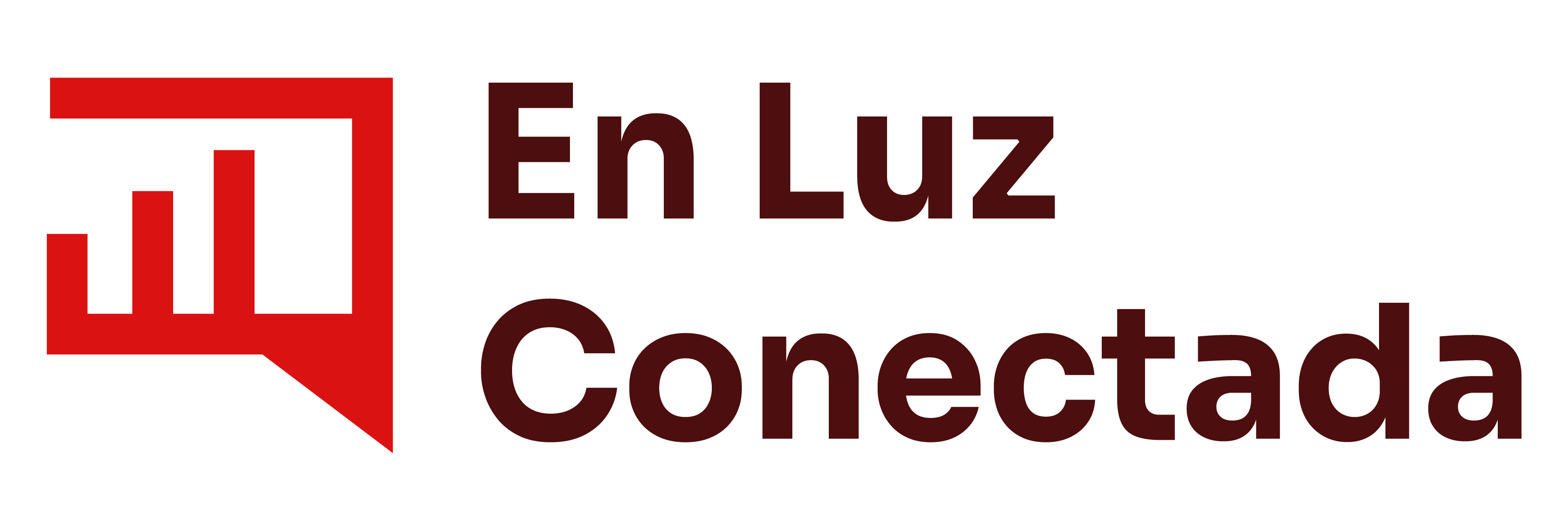Ever wondered what happens when you can’t make your mortgage payments? The reality of defaulting on your mortgage can be scary, especially when money troubles pile up. It’s important for homeowners to understand the consequences of not paying your mortgage on time.
From the risk of foreclosure to the options available for those in trouble, knowing these details is crucial. This section will explore the basics of mortgage responsibilities and the dangers they pose. It aims to help you understand the mortgage solutions available.
Understanding Mortgage Payments
Getting a mortgage is a big step towards owning a home. It’s not just about the loan amount. It also includes other costs. Your monthly payment will cover the principal, interest, property taxes, and insurance.
Canada offers different mortgage types, like fixed-rate, variable-rate, and adjustable-rate. Each one changes your monthly payment in its own way. For instance, a fixed-rate mortgage keeps your payments the same, while a variable-rate mortgage can change with the market.
When choosing a mortgage, it’s important to think about these details. Knowing how your payments work helps with budgeting. Understanding how interest rates affect your costs is also key to managing your finances well.
Consequences of Missing Mortgage Payments
Missing mortgage payments has serious immediate effects. Late fees pile up fast, making debt even harder to handle. If payments are missed too many times, lenders might start the foreclosure process. This could lead to losing your home.
It also badly affects your credit score. Not paying on time can lower your score, making it hard to get loans or credit later. This limits your financial options and raises borrowing costs.
Repossession is another long-term risk. Losing your home through repossession hurts your finances for a long time. It makes it tough to rent or buy another place. Foreclosure also brings legal issues, adding to your stress and financial burden.
Options for Homeowners Facing Difficulties
Homeowners facing mortgage payment challenges have several options. Talking openly with the lender is key. This can lead to solutions that fit their financial needs. Forbearance is one option, which temporarily reduces or pauses payments, helping stabilize finances.
Refinancing is another choice. It allows homeowners to change their loan terms, possibly getting a lower interest rate or longer term. This can make payments easier to handle. Some lenders also offer repayment plans, adjusting payments based on current finances.
Using home equity is another option. It lets homeowners get funds for immediate needs or to pay off debts. Knowing these options helps homeowners take control of their finances and avoid mortgage default risks.
Strategies for Managing Mortgage Payments
Managing mortgage payments can be tough, especially when money is tight. Learning about budgeting helps a lot. By making a detailed budget, you can track your income and expenses. This makes it easier to find ways to save money for your mortgage.
Using financial planning tools can also help a lot. Apps that help you organize your money and set goals are very useful. Cutting back on things you don’t need can give you extra money for your mortgage. This is especially helpful when unexpected costs come up.
Another good idea is to find different ways to make money. This could be a part-time job, freelance work, or even selling things you don’t use anymore. This way, you can have more money for your mortgage. It’s a smart move that helps you now and in the future.
The Role of Mortgage Insurance
In Canada, mortgage default insurance is key, especially for first-time buyers. They often find it hard to save enough for a down payment. This insurance, offered by the Canada Mortgage and Housing Corporation (CMHC), protects lenders from default risks. It’s a must for those with less than 20% down payment to get a mortgage.
The cost of this insurance changes based on the down payment size. Generally, the smaller the down payment, the more you pay. It helps you get a loan and can make homeownership possible when savings are low.
CMHC’s protection plans help lenders offer more mortgage options. These plans add to the cost of owning a home but offer stability. They help buyers feel secure by reducing financial risks in the mortgage process. It’s important for anyone looking to buy a home to understand how mortgage default insurance works.
Considering Bankruptcy as a Last Resort
For those struggling with mortgage payments, personal bankruptcy might be the last choice. Unmanageable debts and trouble keeping up with mortgage payments can feel overwhelming. It’s important to think carefully before deciding on bankruptcy.
Bankruptcy can seriously affect your credit score and finances for a long time. It’s a big step that should not be taken lightly.
Getting legal advice is key when considering bankruptcy. Experts can help understand debt restructuring and the legal side of filing. They can also explain the financial impacts of bankruptcy, helping you make a well-informed decision.
Bankruptcy should be seen as a last option, after all other choices have been explored. It’s important to consider both the immediate relief and the long-term effects on your finances. With the right legal advice, you can make a better choice during tough times.
Preventative Measures for Homeowners
Homeowners can protect their financial security by taking proactive steps. Effective budgeting is key to managing money well. It helps allocate funds for both fixed and variable costs of owning a home.
Regularly reviewing mortgage agreements is also important. It keeps homeowners aware of their obligations and any changes in interest rates or terms. These changes can affect their payments.
Doing a mortgage assessment once a year helps homeowners check their financial health. It allows them to adjust their budget as needed. Talking openly with lenders about any challenges or changes is crucial. This can lead to solutions like loan modifications or payment plans.
Staying informed about the mortgage market is also vital. Knowing about interest rate changes helps homeowners make better decisions. This can lead to financial stability in the long run.
By taking these steps, homeowners can better handle challenges. They also show their commitment to owning a home responsibly.





